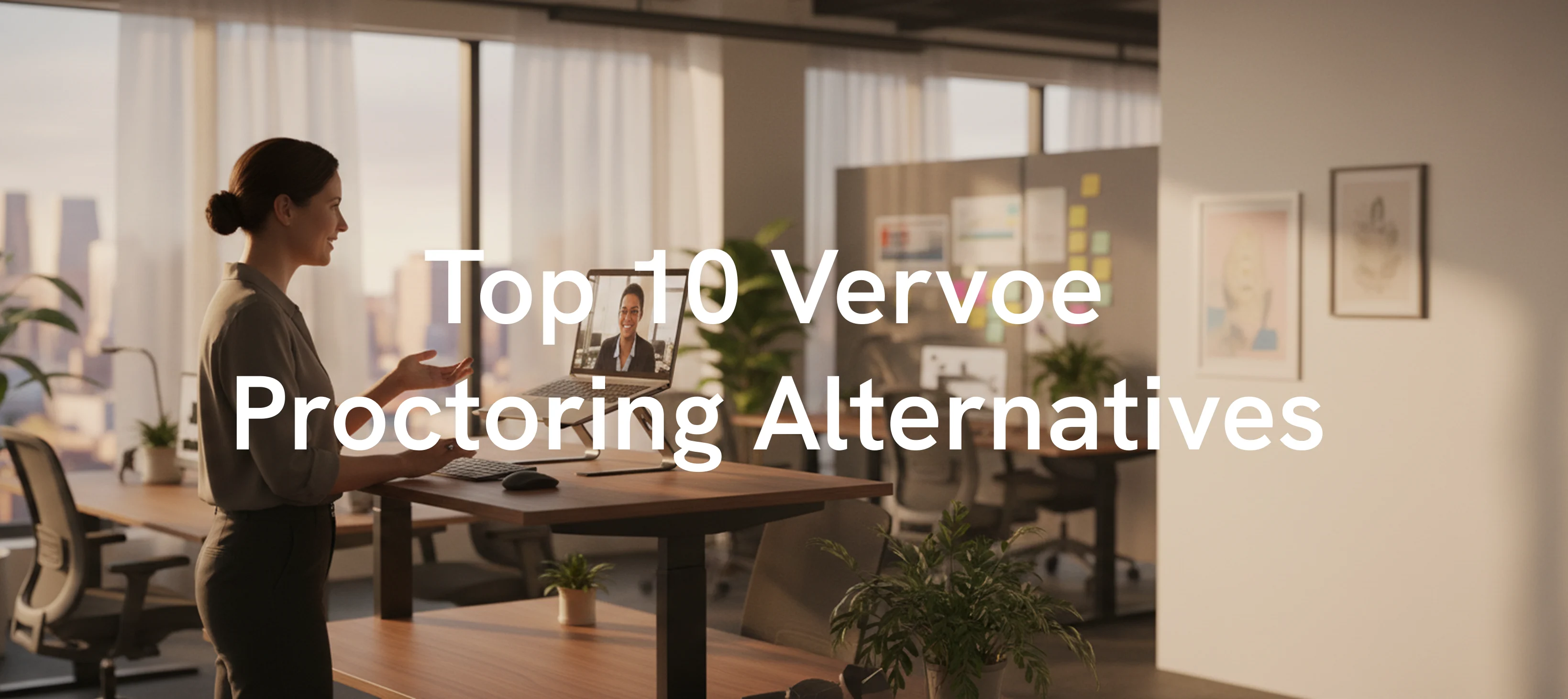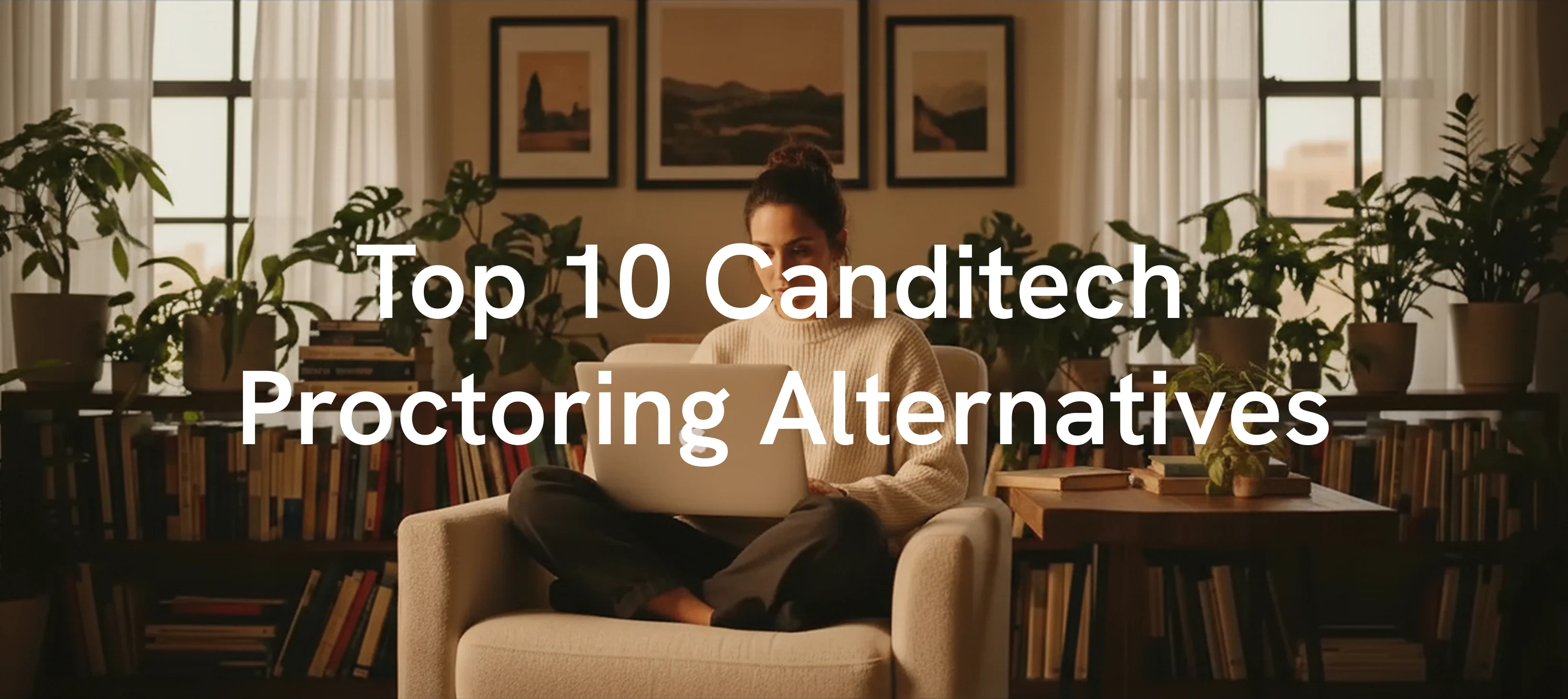Back to all blogs
Explore real-world case studies showing when AI improved interviews and when it went wrong. Learn the patterns, risks, and lessons for building fair hiring practices.

Abhishek Kaushik
Nov 24, 2025
AI can improve interviews by helping candidates communicate clearly and helping interviewers evaluate consistently. AI can also damage interviews when it replaces reasoning with scripted stories or when hidden assistance masks the candidate’s real ability.
The difference is not the AI tool itself.
The difference is how the AI is used.
This guide shows real-world scenarios where AI:
Improved fairness and clarity
Reduced interviewer bias
Revealed authentic problem solving
And scenarios where AI:
Hid lack of understanding
Enabled proxy participation
Created misleading confidence signals
Case Studies Where AI Improved Interviews
Case Study 1: Clarity Support for a Non-Native Speaker
Scenario: A candidate who deeply understood the domain struggled in English sentence structure and pacing. They used AI beforehand to practice structuring examples and reduce speech anxiety.
Outcome: The interview shifted from evaluating language fluency to evaluating real experience and thinking.
This improved fairness and signal quality.
Key Signal: The candidate could paraphrase and adapt answers when context changed.
Case Study 2: Structured Reflection Before Leadership Interview
Scenario: A senior engineer used AI only to outline STAR-style examples of how they led teams, managed incidents, and improved processes.
Outcome: The interview focused on why decisions were made rather than how clearly the story was told.
Key Signal: Tradeoff reasoning remained fully authentic.
Case Study 3: Note Automation Reduced Bias in Debrief
Scenario: Interviewers typically remembered confident storytellers better than quiet ones. Sherlock’s automated reasoning notes equalized recall.
Outcome: Debriefs became grounded in evidence, not impressions.
Key Signal: Hiring decisions correlated more strongly with performance six months later.
Case Studies Where AI Ruined Interviews
Case Study 4: Behavioral Stories That Were Memorized
Scenario: A candidate delivered flawless leadership narratives that collapsed when the interviewer asked follow-up variations.
Outcome: Interviewers realized they were hearing rehearsed coaching scripts, not real experience.
Key Signal: Failure to explain underlying decisions in their own words.
Case Study 5: Hidden Live Prompting During Technical Interview
Scenario: During a remote coding session, the candidate responded with perfect function signatures and edge-case handling but could not explain time complexity.
Outcome: Investigation revealed second-device prompting.
Key Signal: Strong output, weak reasoning continuity.
Sherlock AI now detects:
Voice rhythm anomalies
Unnaturally fast repair steps
Context switching lag patterns
Case Study 6: Proxy Interviewer for System Design
Scenario: A candidate presented elegant system design diagrams but failed a simple follow-up question during the onsite round.
Outcome: The first round system design was delivered by someone else entirely.
Key Signal: Ownership mismatch between design representation and later reasoning.
Sherlock AI prevents this by verifying identity continuity across interview stages.
Read more: The Pros and Cons of AI-Assisted Interviewing
What Separates Helpful AI Use From Harmful AI Use
Helpful AI Use | Harmful AI Use |
|---|---|
Clarifies communication | Generates answers to replace thinking |
Reduces anxiety | Masks lack of understanding |
Helps structure reflection | Enables memorized scripts |
Supports accessibility | Hides identity or authorship |
Saves interviewer cognitive load | Produces misleading performance signals |
The dividing line is simple:
AI should help candidates express their own thinking
but should never replace the thinking being evaluated.
How Sherlock AI Ensures This Balance
Sherlock AI does not ban AI.
Sherlock AI ensures fair use by:
Verifying identity and authorship continuity
Detecting reasoning vs recitation patterns
Highlighting adaptability under dynamic questioning
Automating evidence-based notes and scorecards
The result:
Strong candidates are elevated
Weak candidates cannot rely on polished performance alone
Interviewers gain clearer signal with less effort
Conclusion
AI is not inherently good or bad for interviews.
It amplifies whatever is already present.
If the candidate has real experience, AI makes them clearer.
If the candidate is relying on memorization, AI makes the performance more convincing but less truthful.
Sherlock AI ensures:
The mind being evaluated is the mind that does the work
Candidates are treated fairly across backgrounds and communication styles
Teams make hiring decisions based on authentic reasoning signal



